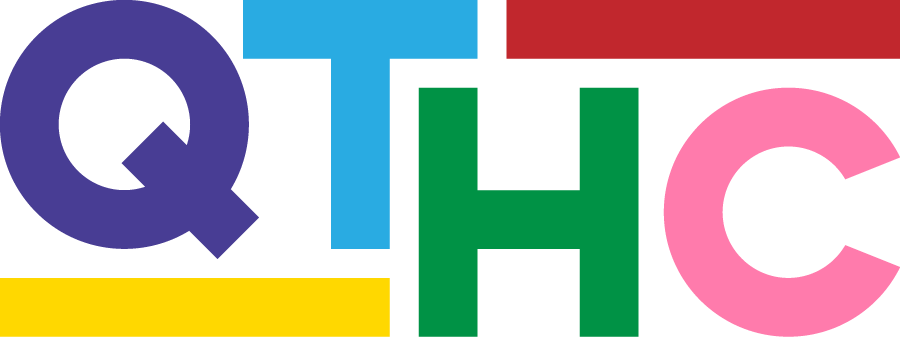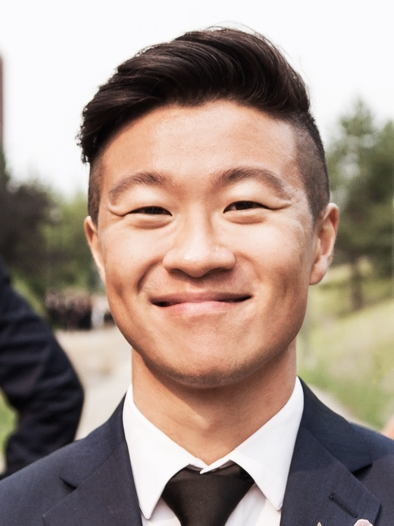Knowledge Development & Exchange Coordinator
About EMHC:
EMHC is a grassroots health organization run by and for 2SLGBTQ+ people in the Edmonton area. EMHC aims to create health equity for 2SLGBTQ+ communities through community and stakeholder education, community-based research, and community health advocacy.
Note: Historically, the EMHC’s programs and services have focused specifically on queer and trans guys. Recently, however, the organization has begun to explore opportunities to expand its programs and services to better serve other members of Edmonton’s queer and trans community. These efforts include an organizational rebranding, which is ongoing. We strongly encourage all folks from within the broader 2SLGBTQ+ community, including trans, non-binary, and women/fem folks to apply.
About the Role:
Description: The knowledge development & exchange coordinator is an ambitious individual with a proven track record of developing and delivering accessible and appealing content that breaks through the noise and reaches target audiences to create change. If you have strong content creation and dissemination skills and a passion for 2SLGBTQ+ health, then this might be the role for you!
Term: May 2021-March 2022, with possibility of extension.
Salary: $50,000 annually, pro-rated + benefits.
Vacation: Three weeks’ paid vacation, pro-rated.
Type: Full-time (35 hours per week; flexible work schedule).
Location: Mix of home (especially during COVID) and in-office (downtown Edmonton).
Key responsibilities:
Develop & disseminate community & stakeholder education and knowledge exchange products, including: presentations/workshops, website content, social media campaigns, infographics, brochures, and more.
Develop and execute knowledge dissemination strategies, including: paid ad campaigns, organic social media engagement, in-person knowledge dissemination (i.e. tabling), etc.
Work collaboratively with Peer-N-Peer program Coordinator to support in community outreach and service navigation.
Manage and update online EMHC platforms, including websites (Squarespace), and social media (Facebook, Twitter).
Provide content development and dissemination guidance and support to staff/projects across the organization.
Provide copywriting and editing support to staff/projects as needed.
Provide graphic design support/guidance to staff/projects as needed.
Support media relations (i.e. press releases, op-eds).
Our Commitment to Equity:
EMHC is committed to a workplace where the staff, board, and volunteers, reflect the diversity of the communities we serve. We strongly encourage individuals from often underrepresented communities to apply, including but not limited to individuals who identify as: QTBIPOC, indigenous or Two-Spirit, trans and non-binary, persons with disabilities, people living with HIV.
Desired Skills, Experience, and Competencies:
Education:
Diploma or Degree in relevant field (i.e. communications, graphic/web design, journalism, or health) is an asset.
Experience and proven competency (through provided work samples) will carry more weight than formal education; therefore, we encourage those will necessary experience/competencies to apply regardless of educational attainment.
Experience:
1-3 years of experience developing & disseminating community & stakeholder knowledge and/or communication products
Experience working with 2SLGBTQ+ communities and/or other vulnerable or marginalized populations
Desired Skills:
Please note that candidates should be able to demonstrate a well-rounded mix of the following skills but are not expected to meet all criteria. For example, demonstrating sufficient strength/experience in half of the relevant skills may be sufficient, with opportunity for capacity development in other relevant areas during employment
Copy Writing/Editing
Graphic and/or Web Design
Website & Social Media Management
Knowledge Dissemination/Advertising
Research
Media Relations
Public Speaking
Project Coordination
Community Engagement
Stakeholder Relations
Desired Competencies:
Teamwork & Multi-Stakeholder Collaboration
Conflict Resolution
Anti-Racism and Anti-Oppression
Time Management
Well-organized
Personable
Ability to Work with Limited Supervision
How to Apply:
Submit a Cover Letter & CV to connect@ourhealthyeg.ca outlining why you are the best candidate for the position.
Provide a sample or portfolio of relevant work you’ve led. Examples include:
websites you’d designed/managed
graphic design products you’ve created (i.e. posters, infographics)
educational products you’ve created (i.e. brochures, workshops, articles)
other relevant communication or knowledge exchange products (i.e. photography, videography)
The deadline for submissions is Sunday, April 18, 2021 at 5pm MDT.
We are also hiring for the role of Research and Evaluation Coordinator (link) and Community Health Leadership Program Coordinator (link). If you wish to be considered for multiple roles, please list each role in your email and cover letter.
Only those invited for an interview will be contacted. Successful applicants will be notified by email by April 23, 2021.









